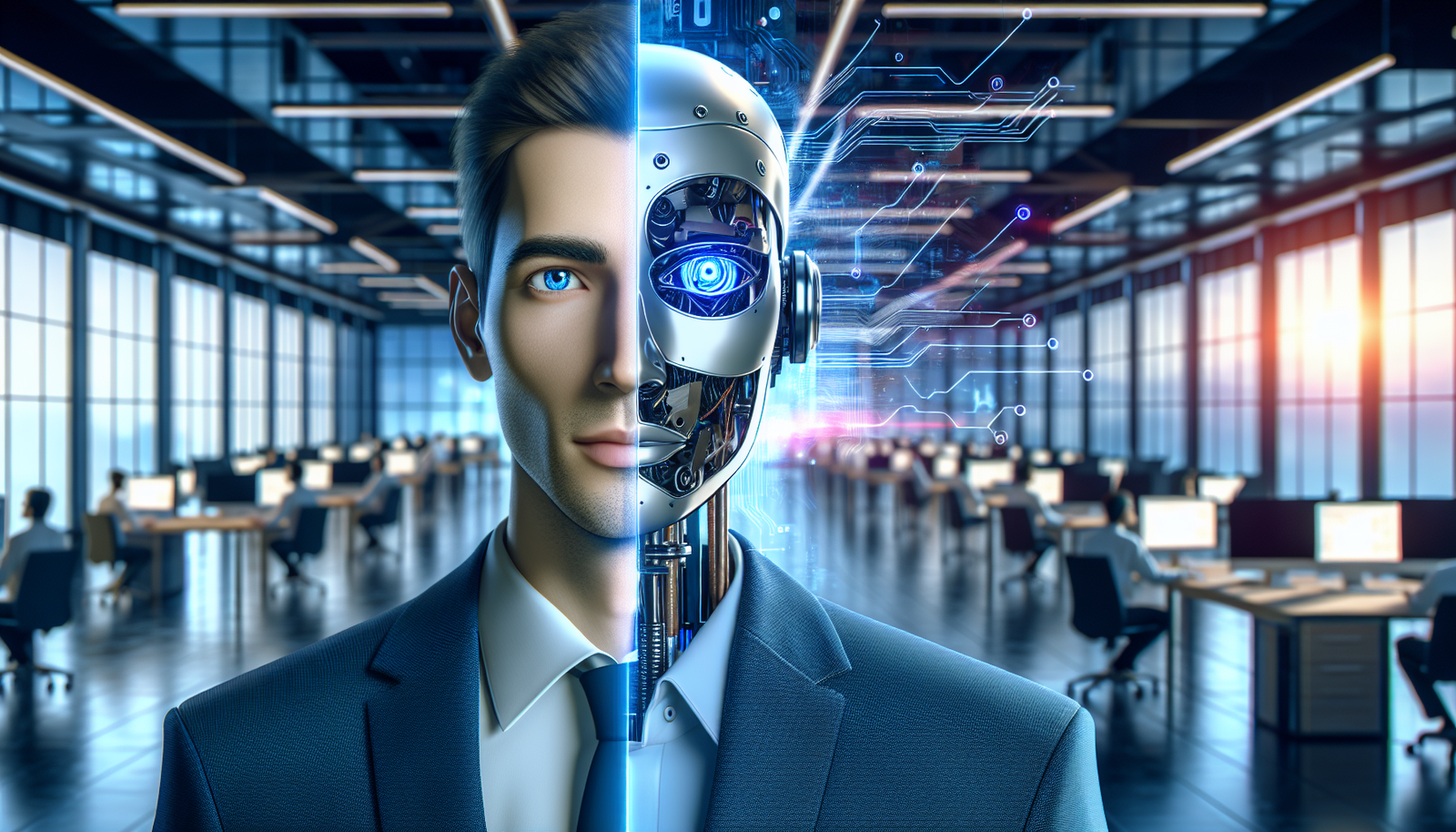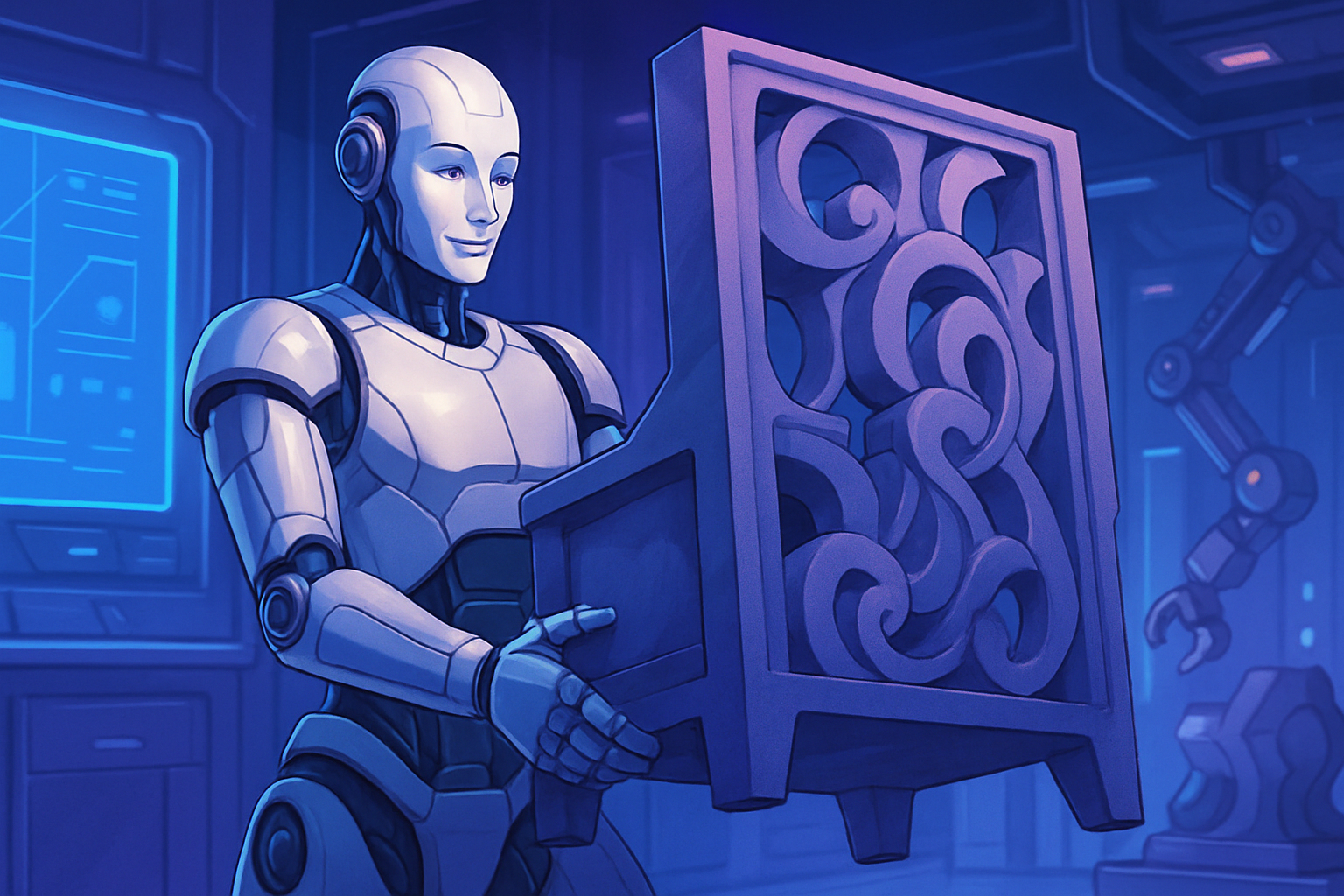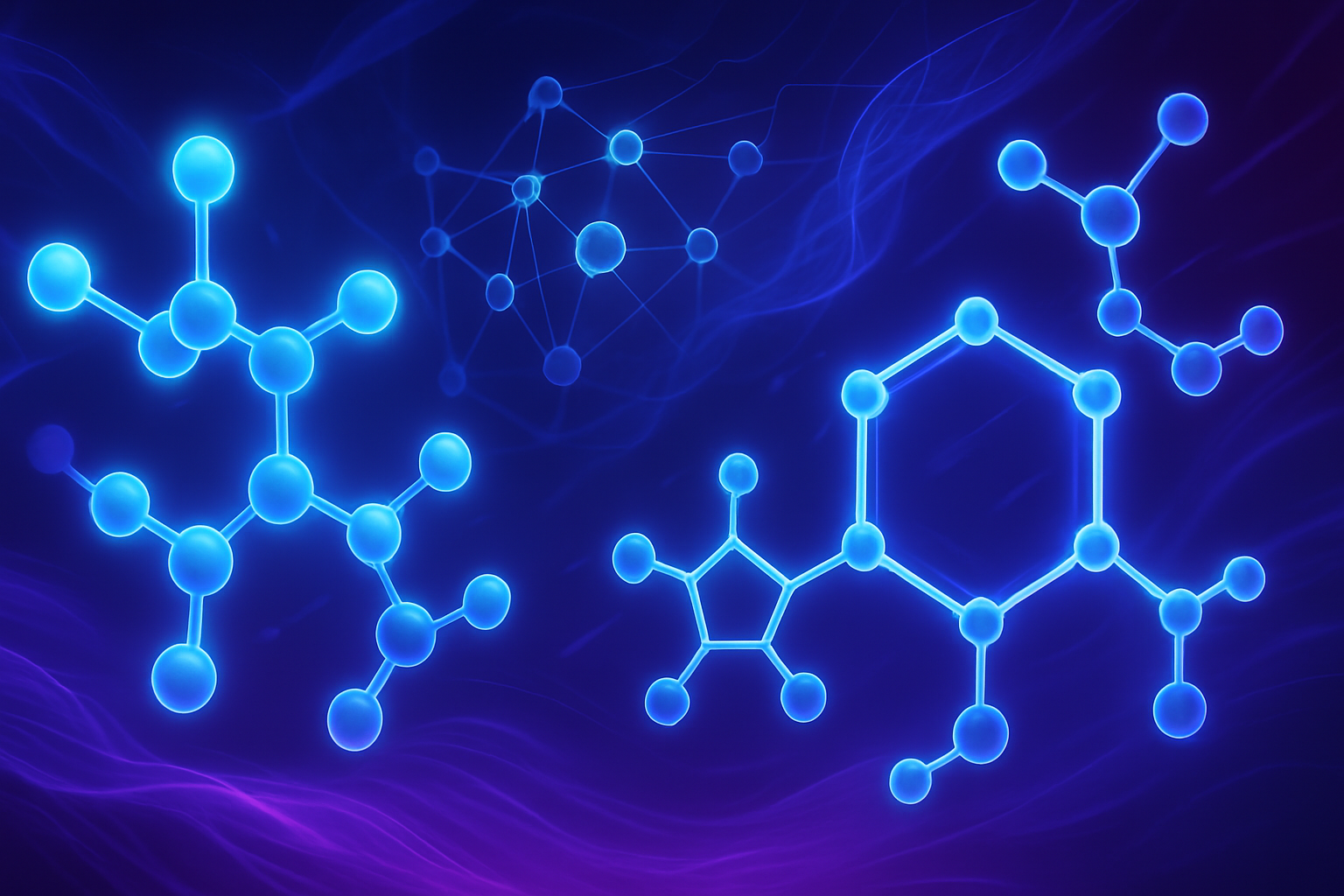Lightning evolution of artificial intelligence, this phenomenon evokes both fascination and reluctance among human resources managers. The promise of efficient automation invites a reconsideration of traditional management methods. However, *possessing this powerful tool* conveys a risk: that of humanity behind efficiency.
Such a tool transforms *the human relationship to work* while highlighting crucial ethical issues. Every manager must therefore navigate between *process optimization* and maintaining human engagement. The future of HR depends on their ability to balance these two facets.
The rise of artificial intelligence (AI) has significantly altered the dynamics within human resources. Several companies are questioning how to integrate these technological tools while preserving the human element at the heart of their values. The challenge then becomes envisioning organizational transformation through the lens of AI, both as an opportunity and a threat for HR managers.
An automation opportunity
The automation proposed by AI profoundly alters the landscape of human resources. Repetitive tasks, such as managing applications or processing administrative data, can be entrusted to algorithms. Thus, HR professionals free themselves from time-consuming constraints, allowing them to focus on higher-value activities such as creativity and talent development.
AI tools also facilitate a better understanding of employees’ skills and aspirations. This analysis allows for a more personalized career management approach, aligning with individual ambitions. Consequently, the integration of AI transforms recruitment and training practices, establishing a focus on skill development.
The threat of replacement
Despite these opportunities, the fear of HR managers becoming subordinate to automated systems persists. The traditional hierarchical model could be called into question, with algorithms likely relegating some managers to the background. Less experienced professionals, but familiar with AI tools, may potentially compete with senior collaborators, creating uncertainty regarding the evolution of decision-making crossroads.
Challenges become more urgent as intelligent systems become more sophisticated. Human resources managers must thus navigate an environment where technical qualifications are constantly redefined. The sustainability of their role depends on their ability to adapt and evolve in this new era.
A transverse vocation within the company
As architects of organizational transformation, HR managers play a key role in the cultural integration of AI within the company. This process is based on a principle of continuous learning, involving both staff and leaders from other departments. The goal is positioned not only on acquiring skills but also on adopting a collaborative culture across the organization.
Training must emerge from needs identified by employees, fostering a participative approach. By incorporating feedback from employees’ experiences, HR engineers can promote an environment where AI serves the organization, not the other way around.
The impact on working conditions
One of the significant effects of AI implementation lies in improving working conditions. Employees can redirect themselves towards more exciting tasks conducive to professional fulfillment. AI not only increases efficiency but also facilitates access to stimulating projects, contributing to renewed motivation.
Moreover, the risk of cognitive overload decreases, paving the way for a better quality of life at work. Thus, companies have the opportunity to redefine their approaches to well-being at work, while integrating artificial intelligence as an essential strategic lever.
Regulatory and ethical consequences
The ethical and regulatory implications of AI in the human resources sector provoke increasing reflection. Managing personal data, for instance, requires heightened vigilance to avoid abuses and respect privacy standards. HR managers find themselves obliged to familiarize with constantly evolving legal frameworks while ensuring the protection of employees’ rights.
The issues of algorithmic discrimination, bias in recruitment processes, and performance management present themselves sharply. Particular attention must be paid to the fairness of deployed systems to prevent potential excesses and promote responsible use of artificial intelligence at work.
The transformation of human resources by AI highlights a paradox. While AI presents undeniable advantages in terms of automation and experience personalization, it also poses a risk to humanity within organizations. A deep reflection is necessary to define the contours of a harmonious integration of AI, serving both companies and the individuals that make them up.
For more on this topic, please refer to related articles.
Frequently asked questions about artificial intelligence and the HR function
What is the role of artificial intelligence in human resources management?
Artificial intelligence is used to automate HR processes such as recruitment, performance analysis, and talent management, allowing HR managers to focus on more strategic tasks.
How can artificial intelligence improve the employee experience within the company?
It can personalize career paths by taking into account employees’ skills and aspirations, facilitating career development and increasing job satisfaction.
What are the risks associated with the use of artificial intelligence in human resources?
Risks include bias in algorithms, the potential elimination of jobs, and employee concerns regarding excessive surveillance and the transparency of decisions made by automated systems.
How can HR managers adapt to the challenges of artificial intelligence in their processes?
They must train in new technologies, learn to use AI responsibly, and integrate employee concerns into the deployment of AI tools.
What skills will be most in demand for HR experts in the era of artificial intelligence?
Skills in data analysis, project management, communication, and understanding AI technologies will be essential to navigate the new challenges posed by this technological revolution.
Does artificial intelligence threaten the employment of HR managers?
While it may automate some tasks, AI does not completely replace the need for human contact, so HR managers must reposition themselves to provide added value in more relational and strategic aspects.
How can a secure transition to artificial intelligence for HR teams be ensured?
By involving all stakeholders, offering suitable training, and establishing protocols to understand and mitigate the impacts of AI on the workplace.
What are the best practices for integrating artificial intelligence into recruitment processes?
Using AI tools to analyze CVs, pre-select candidates, and provide an enhanced candidate experience while ensuring diversity and avoiding bias.






